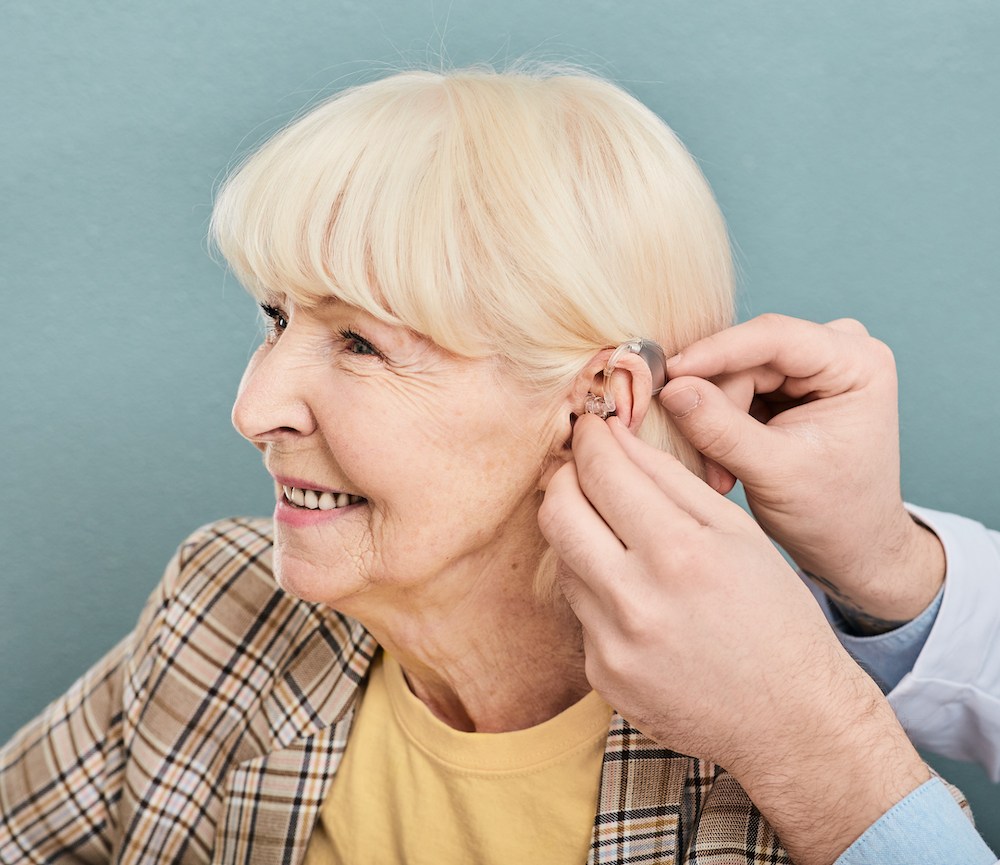How to Create a Quiet Space for Optimal Hearing Health
Everyday sounds in your environment can have a greater effect on your


Everyday sounds in your environment can have a greater effect on your

When planning an outdoor trip, most people focus on weather, gear and

When our hearing begins to decline, we start to see impacts trickle into